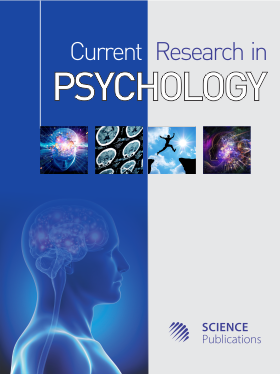Considering Competition Avoidant Individuals Via the Big Five Model
- 1 University of Maine, United States
- 2 University of Southern Maine, United States
Abstract
Problem statement: This study sought to increase our understanding of the personality characteristics of competition avoidant individuals by examining differential associations between the Big Five personality traits and competition avoidance. Approach: Participants (n = 169) completed a questionnaire set including relevant assessments, the Competition Avoidance Scale and the Five-Factor Model Inventory with subscales for Neuroticism, Extraversion, Openness to Experience, Conscientiousness and Agreeableness. Correlation and regression analyses examined the relationship between competitive orientation. Results: As predicted, results indicated that Neuroticism, Extraversion and Openness to Experience were all associated negatively with competition avoidance; thus, individuals higher on competition avoidance were more emotionally unstable, introverted and less open to experience than those who scored lower on the dimension. Agreeableness and Conscientiousness were unrelated to competition avoidance. Conclusion: Discussion considered the potential use of the competition avoidance scale by counselors and coaches as a diagnostic assessment to identify such individuals early in their academic and sports undertakings and enable support in these competitive environments.
DOI: https://doi.org/10.3844/crpsp.2011.108.114

- 4,320 Views
- 6,026 Downloads
- 4 Citations
Download
Keywords
- Competitive attitude
- competitive orientation
- big five
- Five-Factor Model (FFM)
- Eysenck Personality Questionnaire (EPQ)
- mental health and counseling
